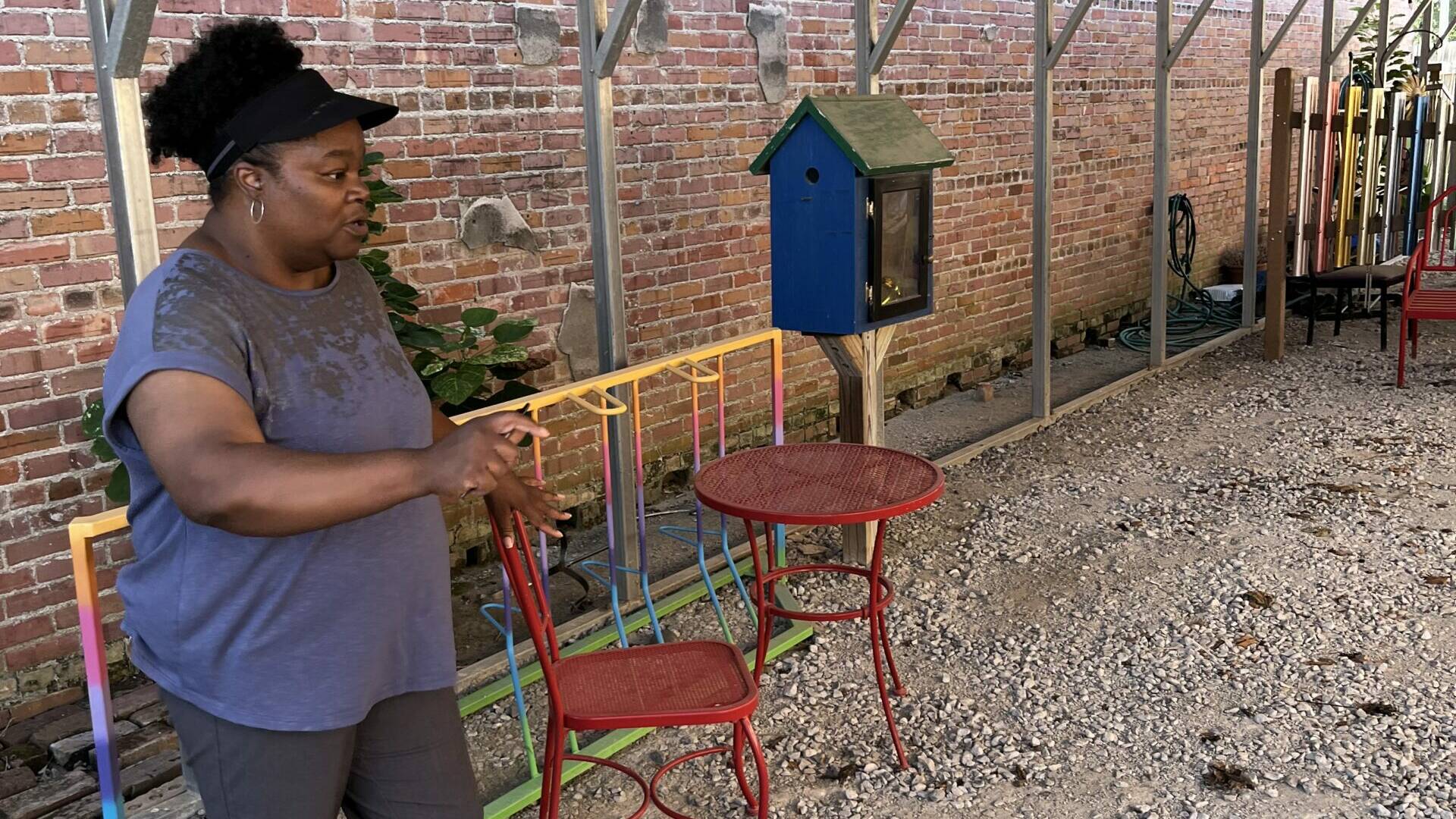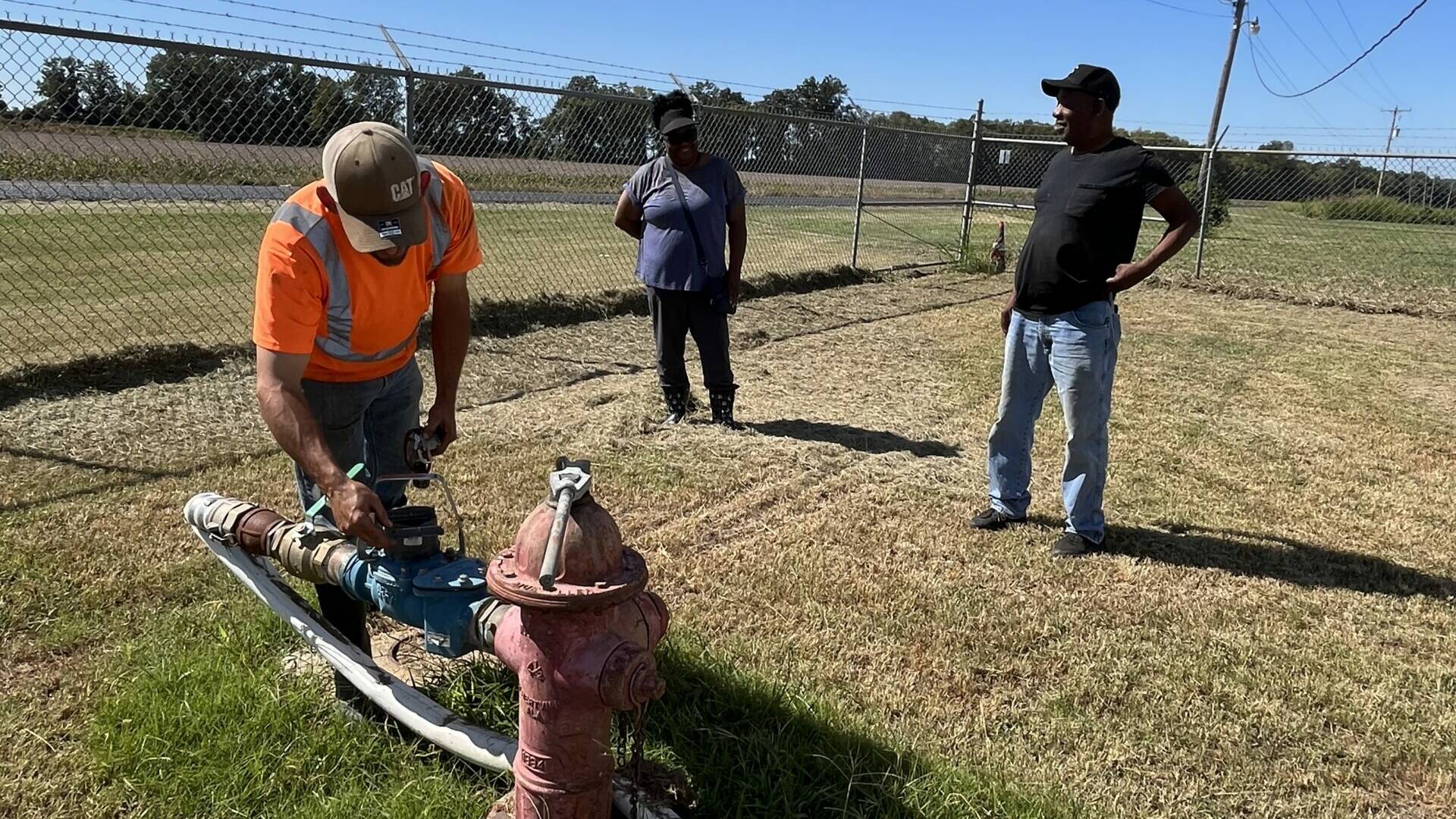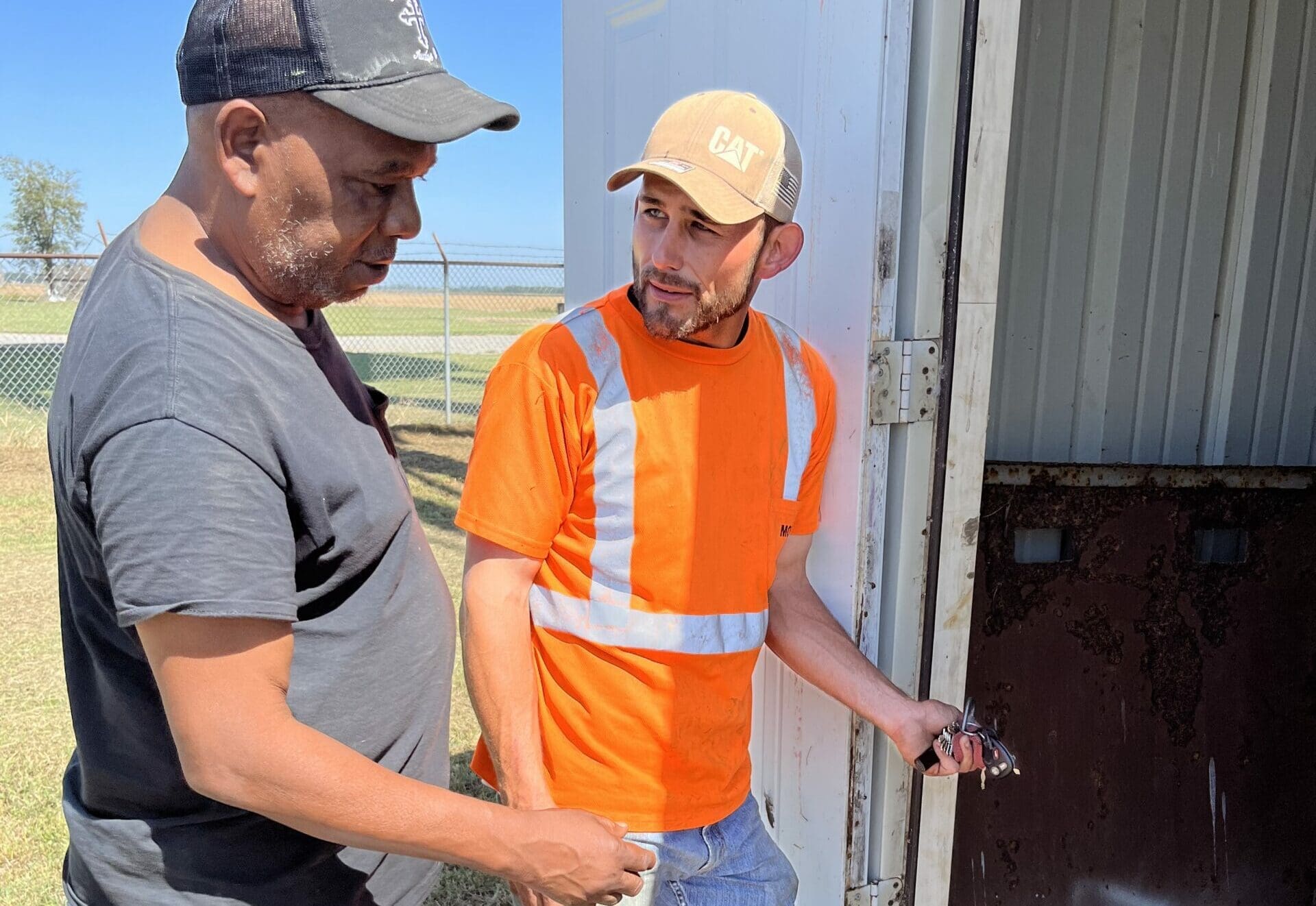Elaine, Arkansas, located in southeastern Phillips County near the Mississippi River, is a small town with a rich history and promising potential. Nestled in the Arkansas Delta, it’s known for its agricultural landscape and cultural heritage.
Under the leadership of Mayor Lisa Gilbert, who returned to her hometown after years away, Elaine is undergoing revitalization fueled by community pride and a drive for progress. Mayor Gilbert didn’t return with political ambitions but was drawn back by her concern for how the narrative around the Elaine Massacre was being shaped by outsiders.

Since taking office, Mayor Gilbert has tackled pressing issues, particularly Elaine’s aging water system. Spanning over 34 miles, it’s the largest in Arkansas, but much of its infrastructure is nearly 70 years old, and the original well, now over 100 years old, remains unused. The challenge of finding replacement parts for critical components like the well and pump has become increasingly difficult.
“We’re decades behind,”
— Mayor Lisa Gilbert
“This system should’ve been upgraded over 30 years ago.”
One of her key initiatives is a comprehensive overhaul of the water system, which includes replacing over 600 meters and implementing Supervisory Control and Data Acquisition (SCADA) technology to monitor the system remotely. The city’s rural location has complicated meter readings, as farm equipment and seasonal workers often damage the water lines.
The upgrades will rehabilitate the entire system, including the pump, pumping station, and electrical panel. A recent lightning strike that damaged the electrical panel went unnoticed until the water tank drained, triggering a boil order. With SCADA, such incidents will be preventable by monitoring water levels, pressure, and chlorine remotely.

Mayor Gilbert, alongside Community Environmental Management Specialist Deborah Brown from the Community Infrastructure Team at Communities Unlimited (CU), is working to secure cybersecurity grants to protect the water system as it modernizes.
“Cybersecurity wasn’t on my radar until CU brought it up,” said Mayor Gilbert. “As we upgrade, it makes sense to include it. Technology is advancing, and we need to keep up.”

She’s also spearheading efforts to revitalize downtown, envisioning events like a food truck festival. The town already celebrates its culture with an annual Juneteenth event and the Elaine Festival, which attracts regional visitors. Additionally, Mayor Gilbert launched an after-school program encouraging children to explore local history through art.
One of her standout projects is a bike trail commemorating the Elaine Massacre, supported by a major bicycle company. The trail spans nearly as long as the town’s water system and features memorial benches, demonstrating Mayor Gilbert’s commitment to honoring history while driving Elaine forward.

Brown, who has previous experience as a mayor, is aiding in this process, as well as with grant writing.
Mayor Gilbert expressed her gratitude for Brown’s support.
“Having someone like Deborah, who understands the pressures of being a mayor, has been valuable,” Mayor Gilbert said. “Running a water system involves so much — regulations, reports, monitoring chlorine levels.”
"Having her guidance has made a real difference.”
Added Brown, “I appreciate and am intrigued with the passion that exudes from Mayor Gilbert’s leadership. She has the attitude and energy our rural towns need to push past the obstacles and see them as opportunities in the making.”
Despite the challenges, Mayor Gilbert’s resolve remains strong. Under her leadership, Elaine is gradually transforming, driven by a deep love for its people and history.
“Small rural communities like Elaine have often been overlooked,” Mayor Gilbert said. “People tend to associate us only with the Elaine Massacre, but I always remind them we’re more than that. This is one of the most resilient communities. We may not always be unified, but we’re working on it. By the end of my term, I’m confident people will see the progress we’ve made.”

